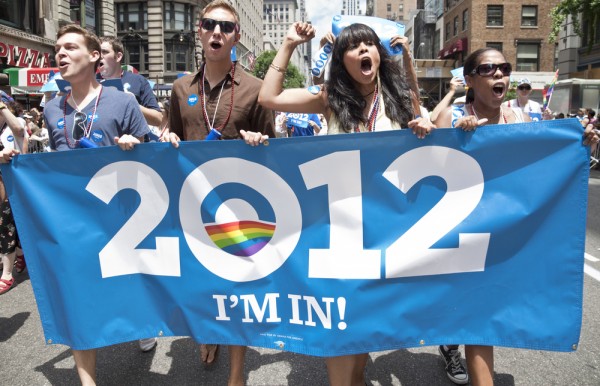Twitter is a liberal echo chamber

I certainly cannot speak for everyone, but for me, Twitter is the go-to news source. Yes, the service does get pwned sometimes, but more often than not, what is reported there is real and ahead of services like CNN. I also use the social network for weather updates and sports news from the beat reporters who cover my favorite NFL team. Twitter is great for this type of information.
However, according to a new report just out from Pew Research, when it comes to public opinion, Twitter leans decidedly to the left. BetaNews is not the place for politics, and I will not opine on what I think of that leaning -- only that the study makes a clear case.
None of this should come as much of a surprise. After all, while those on both sides of the political fence attempt to utilize the service, including politicians themselves who are looking to further their agendas, the majority of average users, according to the poll, are "considerably younger than the general public and more likely to be Democrats or lean toward the Democratic Party. In the 2012 news consumption survey, half (50 percent) of adults who said they posted news on Twitter were younger than 30, compared with 23 percent of all adults. And 57 percent of those who posted news on Twitter were either Democrats or leaned Democratic, compared with 46 percent of the general public".
Numbers Don't Lie
Examples of liberalism litter the study -- 77 percent of Twitter users were "happy" about Barrack Obama's re-election while public opinion was at a more stable 52 percent. California same-sex marriage was approved by 46 percent of the Twitterati, but only 33 percent of the public at large. The examples go on.
Throughout most of the study, the results are almost entirely consistent, though the percentages vary on a case-by-case basis. According to Pew "this tilt to the Twitter conversation was evident throughout the fall campaign. In nearly every week from early September through the first week of November, the Twitter conversation about Romney was substantially more negative than the conversation about Obama".
Breaking the Norm
Just when you thought you had this figured out, Twitter throws a wrench into the works. The study cites several political events that were viewed more favorably by the average citizen than by those who took to Twitter to post their opinions. Among those events -- Obama's second inaugural speech and the 2012 State of the Union address.
There were also a couple of anomalies -- both Mitt Romney's choice of Paul Ryan for a running mate and the June 2012 Supreme Court ruling on health care were met largely with mirrored reactions from both Twitter and the general public.
What does it Mean?
There really is not much to argue with here. I honestly doubt that any of this comes as a great surprise -- those in the tech world tend towards more liberal views in many cases, though certainly not all. The more tech-savvy also tend to be younger and more likely to use services like Twitter -- again, in most cases.
And Pew covered its backside nicely by doing an exhaustive study to ensure the results were accurate. The research firm called this "the conclusion of a year-long Pew Research Center study that compared the results of national polls to the tone of tweets in response to eight major news events, including the outcome of the presidential election, the first presidential debate and major speeches by Barack Obama".
In the end, Pew could only conclude that Twitter reactions to political events result from the unique profile of active Twitter users and the extent to which those events engage different communities.
Photo Credit: lev radin/Shutterstock
